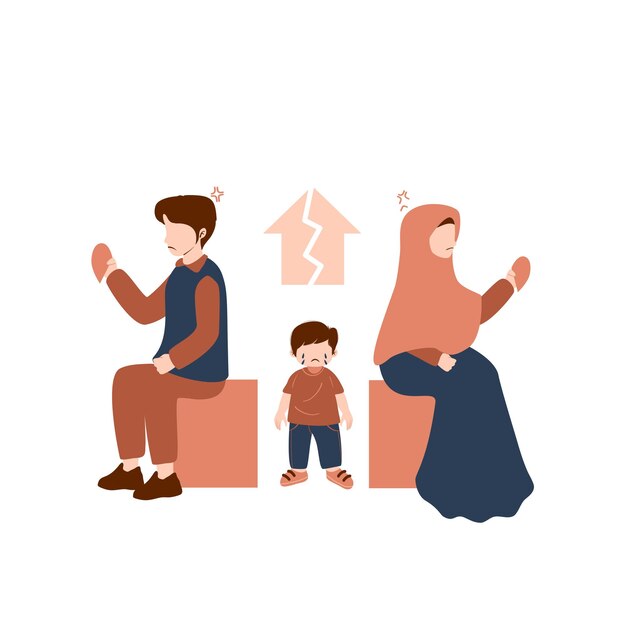Feeling disconnected from one's spouse is a common challenge many fathers face, often stemming from a combination of personal, relational, and societal factors. Understanding these underlying causes is crucial for addressing and overcoming this disconnection.
1. Societal Expectations and Gender Roles
Traditional gender roles often position men as primary providers, emphasizing work over emotional engagement. This societal expectation can lead fathers to prioritize their careers, inadvertently neglecting their roles as emotionally available partners. The pressure to fulfill these roles can create internal conflicts, making it challenging to balance professional responsibilities with familial connections.
2. Communication Breakdown
Effective communication is the cornerstone of any healthy relationship. However, due to various stressors, fathers may struggle to express their emotions or may feel their concerns are misunderstood or dismissed. This breakdown in communication can result in feelings of isolation and detachment from their spouses.
3. Emotional Unavailability
Some fathers may experience emotional unavailability, either due to upbringing, past traumas, or societal conditioning that discourages emotional expression in men. This detachment can hinder deep emotional connections with their spouses, leading to a sense of disconnection.
4. Stress and Overwhelm
Balancing work, parenting, and personal life can be overwhelming. Chronic stress can lead fathers to withdraw emotionally as a coping mechanism, creating distance in their marital relationships. This withdrawal can be misinterpreted by spouses as a lack of interest or commitment.
5. Pursuer-Distancer Dynamic
In some relationships, a pursuer-distancer dynamic develops, where one partner seeks more closeness while the other retreats. Fathers may become the distancer, feeling overwhelmed by their partner's bids for intimacy, leading to further disconnection.
6. Unresolved Conflicts
Lingering disputes or unaddressed grievances can erode the marital bond over time. Avoiding conflict resolution can result in suppressed resentment, causing fathers to emotionally distance themselves from their spouses.
7. Lack of Quality Time
The demands of daily life can leave little room for couples to spend meaningful time together. Without intentional efforts to nurture the relationship, fathers may feel a gradual drift from their spouses, weakening their emotional connection.
Addressing the Disconnection
To bridge this gap, fathers can:
- Prioritize Open Communication: Engage in honest dialogues with their spouses about feelings, needs, and concerns.
- Seek Professional Support: Consider couples counseling to navigate complex relational dynamics and develop healthier interaction patterns.
- Allocate Quality Time: Dedicate regular periods for shared activities, fostering intimacy and mutual understanding.
- Manage Stress Effectively: Incorporate stress-reduction techniques such as mindfulness, exercise, or hobbies to maintain emotional well-being.
By recognizing and addressing these factors, fathers can work towards reestablishing a deep and fulfilling connection with their spouses, strengthening the foundation of their family life.

